Need Good Water Heater Advice Please
karinmarie
13 years ago
Related Stories

GREAT HOME PROJECTSHow to Switch to a Tankless Water Heater
New project for a new year: Swap your conventional heater for an energy-saving model — and don’t be fooled by misinformation
Full Story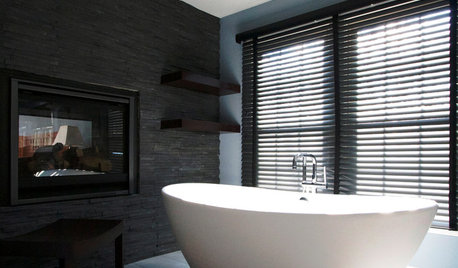
BATHROOM DESIGNDreaming of a Spa Tub at Home? Read This Pro Advice First
Before you float away on visions of jets and bubbles and the steamiest water around, consider these very real spa tub issues
Full Story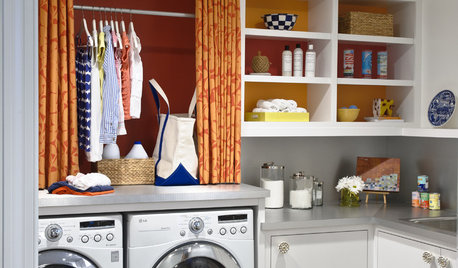
REMODELING GUIDESContractor Tips: Advice for Laundry Room Design
Thinking ahead when installing or moving a washer and dryer can prevent frustration and damage down the road
Full Story
LIFEGet the Family to Pitch In: A Mom’s Advice on Chores
Foster teamwork and a sense of ownership about housekeeping to lighten your load and even boost togetherness
Full Story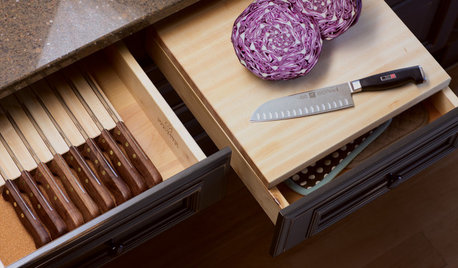
KITCHEN STORAGEKnife Shopping and Storage: Advice From a Kitchen Pro
Get your kitchen holiday ready by choosing the right knives and storing them safely and efficiently
Full Story
DECORATING GUIDES10 Design Tips Learned From the Worst Advice Ever
If these Houzzers’ tales don’t bolster the courage of your design convictions, nothing will
Full Story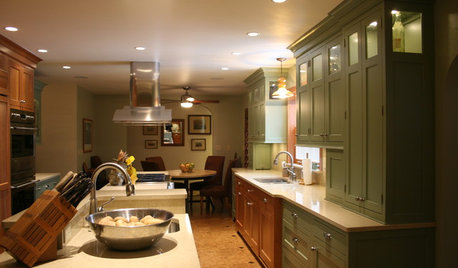
KITCHEN DESIGNSmart Investments in Kitchen Cabinetry — a Realtor's Advice
Get expert info on what cabinet features are worth the money, for both you and potential buyers of your home
Full Story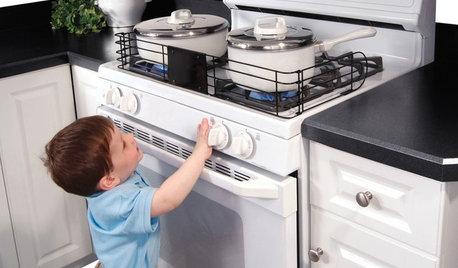
HEALTHY HOMEHow to Childproof Your Home: Expert Advice
Safety strategies, Part 1: Get the lowdown from the pros on which areas of the home need locks, lids, gates and more
Full Story
FARM YOUR YARDAdvice on Canyon Farming From L.A.'s Vegetable Whisperer
See how a screened garden house and raised beds help an edible garden in a Los Angeles canyon thrive
Full Story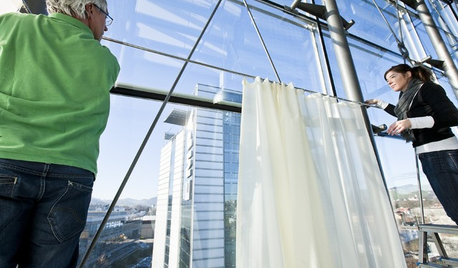
HOME OFFICESQuiet, Please! How to Cut Noise Pollution at Home
Leaf blowers, trucks or noisy neighbors driving you berserk? These sound-reduction strategies can help you hush things up
Full Story





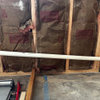
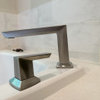
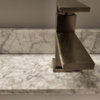
wisehvac
asolo
Related Professionals
Adelphi Kitchen & Bathroom Remodelers · Eagle Mountain Kitchen & Bathroom Remodelers · Forest Hill Kitchen & Bathroom Remodelers · Minnetonka Mills Kitchen & Bathroom Remodelers · Charlottesville Kitchen & Bathroom Remodelers · Morgan Hill Kitchen & Bathroom Remodelers · Niles Kitchen & Bathroom Remodelers · Placerville Kitchen & Bathroom Remodelers · Port Angeles Kitchen & Bathroom Remodelers · Port Charlotte Kitchen & Bathroom Remodelers · Roselle Kitchen & Bathroom Remodelers · South Lake Tahoe Kitchen & Bathroom Remodelers · Thonotosassa Kitchen & Bathroom Remodelers · Mountain Top Kitchen & Bathroom Remodelers · Ridgefield Park Kitchen & Bathroom Remodelerslive_wire_oak
jakethewonderdog
asolo
jakethewonderdog
asolo
User
jakethewonderdog
karinmarieOriginal Author
ionized_gw